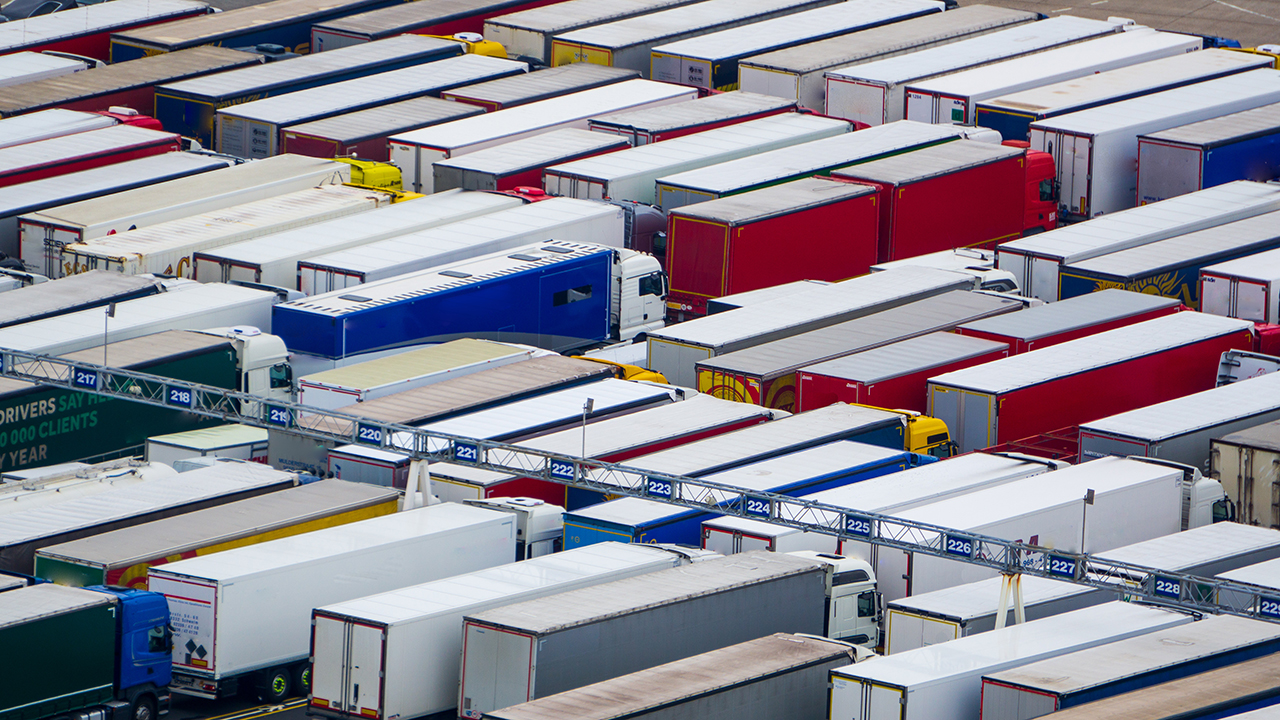The International Road Transport Union, the International Air Transportation Association,
the International Chamber of Shipping, and the International Transport Workers’ Federation have
urged world leaders and the United Nations Agencies to remove restrictions hampering the free
movement of transport workers.
In a joint open letter, they say: ‘Since the outset of the COVID-19 pandemic, the maritime, road and
aviation industries have called loudly and clearly on governments to ensure the free movement of
transport workers and to end travel bans and other restrictions that have had an enormously
detrimental impact on their wellbeing and safety.
‘Transport workers keep the world running and are vital for the free movement of products,
including vaccines and PPE, but have been continually failed by governments and taken for granted
by their officials.
‘Our calls have been consistent and clear: freedom of movement for transport workers, for
governments to use protocols that have been endorsed by international bodies for each sector and
to prioritise transport workers for vaccinations as called for in the World Health Organization’s SAGE
Roadmap for Prioritizing Uses of COVID-19 Vaccines in the Context of Limited Supply.
‘Heads of government have failed to listen, to end the blame-shifting within and between
governments and take the decisive and coordinated action needed to resolve this crisis. This is why
IRU, the world road transport organisation, IATA, the International Air Transport Association, ICS, the
International Chamber of Shipping, and ITF, the International Transport Workers’ Federation, have
come together to make an urgent plea to the world’s heads of government and the United Nations
Agencies to remove restrictions hampering the free movement of transport workers, and guarantee
and facilitate their free and safe movement.
‘Our collective industries account for more than $20 trillion of world trade annually, and represent
65 million global transport workers, and over 3.5 million road freight and airline companies, as well
as more than 80 per cent of the world merchant shipping fleet. Seafarers, air crew and drivers must
be able to continue to do their jobs, and cross borders, to keep supply chains moving. We ask heads
of government to urgently take the leadership that is required to bring an end to the fragmented
travel rules and restrictions that have severely impacted the global supply chain and put at risk the
health and wellbeing of our international transport workforce. We also need the same urgent
leadership to increase global vaccine supply by all means at our disposal, in order to expedite the
recovery of our industries.
‘We ask that our transport workers are given priority to receive WHO-recognised vaccines and heads
of government work together to create globally harmonised, digital, mutually recognised vaccination
certificate and processes for demonstrating health credentials (including vaccination status and
COVID-19 test results), which are paramount to ensure transport workers can cross international
borders.
‘We also call on the WHO to take our message to health ministries. Despite early engagement at the
outset of the pandemic and issuance of guidance, health and transport ministries have not utilised it,
resulting in the situation we face today. We need the WHO and governments to work together to
ensure this guidance is accepted and followed.
‘The impact of nearly two years’ worth of strain, placed particularly upon maritime and road
transport workers, but also impacting air crews, is now being seen. Their continued mistreatment is
adding pressure on an already crumbling global supply chain. We are witnessing unprecedented
disruptions and global delays and shortages on essential goods including electronics, food, fuel and
medical supplies. Consumer demand is rising and the delays look set to worsen ahead of Christmas
and continue into 2022.
‘We have all continued to keep global trade flowing throughout the pandemic, but it has taken a
human toll. At the peak of the crew change crisis 400,000 seafarers were unable to leave their ships,
with some seafarers working for as long as 18 months over their initial contracts. Flights have been
restricted and aviation workers have faced the inconsistency of border, travel, restrictions, and
vaccine restrictions/requirements.
‘Additional and systemic stopping at road borders has meant truck drivers have been forced to wait,
sometimes weeks, before being able to complete their journeys and return home. It is of great
concern that we are also seeing shortages of workers and expect more to leave our industries as a
result of the poor treatment they have faced during the pandemic, putting the supply chain under
greater threat. In view of the vital role that transport workers have played during the pandemic and
continue to play during the ongoing supply chain crisis, we request, as a matter of urgency, a
meeting with WHO and the ILO at the highest level to identify solutions before global transport
systems collapse. We also ask that WHO and the ILO raise this at the UN General Assembly and call
on heads of government to take meaningful and swift action to resolve this crisis now.’

